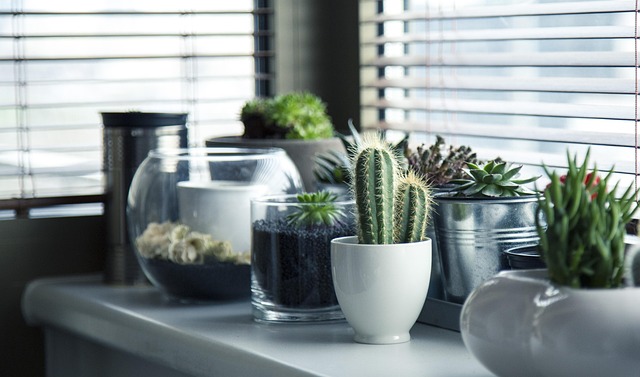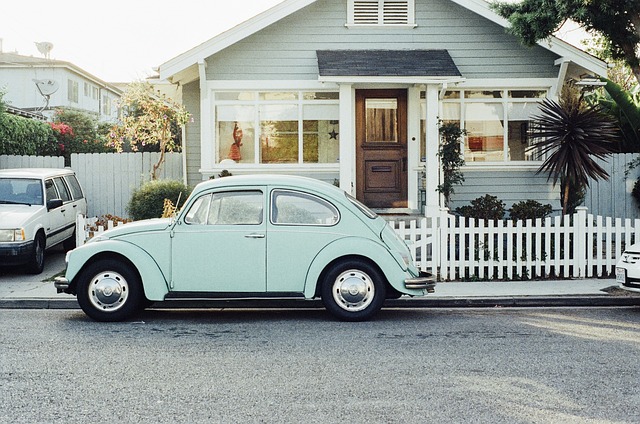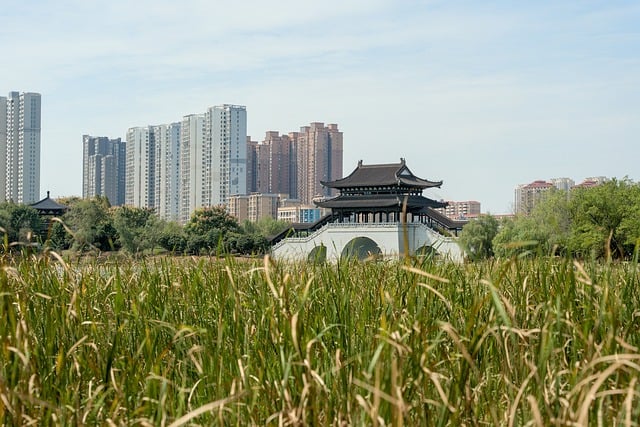In the hustle and bustle of city life, it’s easy to forget the soothing touch of nature. Urban gardening presents an opportunity to reconnect with the earth, even amid towering skyscrapers and bustling streets. This green movement is revolutionizing the way we view our urban landscapes, transforming concrete jungles into thriving ecosystems.
At its core, urban gardening champions environmental sustainability. By cultivating your own plants, herbs, and vegetables, you reduce your carbon footprint. Each seed planted in a small balcony or rooftop garden contributes to cleaner air and a healthier ecosystem. Moreover, urban gardens can help mitigate the heat island effect common in cities, providing cooler, greener spaces for residents to enjoy.
Gardening in urban settings isn’t just about environmental benefits; it’s also a community-building endeavor. Local green spaces foster a sense of belonging and collective responsibility. Community gardens can serve as a hub for neighbors to come together, share gardening tips, and celebrate the fruits of their labor. These shared experiences create lasting relationships, reminding us of the beauty of collaboration and the importance of nurturing both nature and community.
For those looking to start their own urban garden, the possibilities are endless. From vertical gardens that utilize limited space to container gardens bursting with color and life, anyone can become a gardener, regardless of their living situation. Techniques such as hydroponics and aquaponics allow city dwellers to grow fresh produce in areas with minimal sunlight or traditional soil.
Embracing an eco-friendly approach, urban gardeners often opt for organic methods, steering clear of harmful pesticides and chemical fertilizers. This not only benefits the plants but also promotes a healthier lifestyle for those who consume the produce. Every bite of freshly harvested lettuce or juicy tomato has a story about sustainability and the careful stewardship of our planet.
As more individuals recognize the importance of green spaces, the community benefits from an increase in wildlife. Urban gardening encourages pollinators, such as bees and butterflies, to flourish in city environments. By integrating nature back into urban areas, we promote biodiversity and create habitats that benefit both flora and fauna.
In this active movement towards urban gardening, every little effort counts. Planting a flower box or caring for a few potted herbs on a windowsill can lead to greater awareness of the environment and the interconnectedness of our lives. With every sprout that emerges, we are reminded that life finds a way, even in the most unlikely of places.
So, whether you’re a seasoned gardener or a city dweller just beginning your journey, embrace the chance to cultivate nature within your community. Let your urban garden flourish, bringing joy, color, and eco-friendly practices into your home and the lives of those around you. Together, we can transform our concrete jungles into vibrant, green sanctuaries that celebrate the beauty of nature and the spirit of community.




